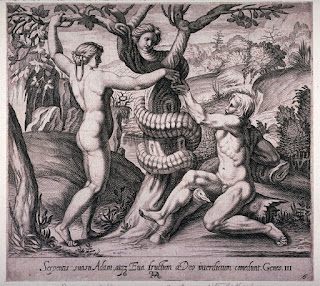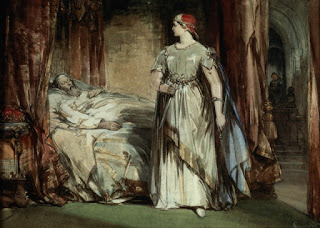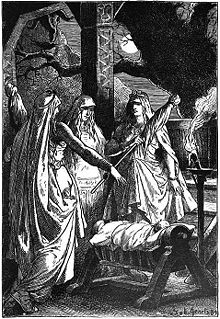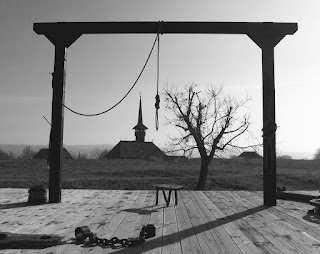This is why "head canon" annoys me

"Adam and Eve with the Serpent, (Genesis IIIA, verse 6" engraving by Francesco Villamena https://art.famsf.org/francesco-villamena/adam-and-eve-serpent-genesis-iii-verse-6-19633036286 The opening lines of Paradise Lost contain the traditional invocation of the Muses, as the poet calls upon the Divine to inspire his tale. The rest of this section describes the insurrection of angels in Heaven, their punishment, and the continuing plot to subvert the creations of God. Is it just me, or is the difference between some of these demons/fallen angels really unclear? It feels like no two stories can agree. Some versions have Beelzebub, Lucifer, Asmodeus, et cetera presented as seperate entities, while others claim these are all names for the same being known to different cultures. Is this the result of Christianity absorbing so many other religious traditions during its history?


